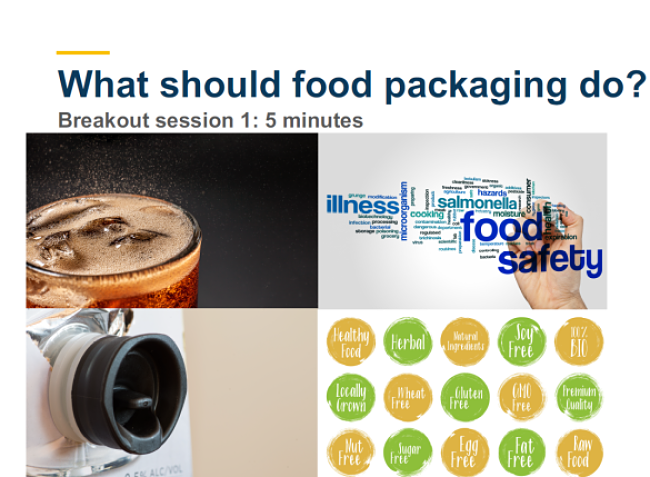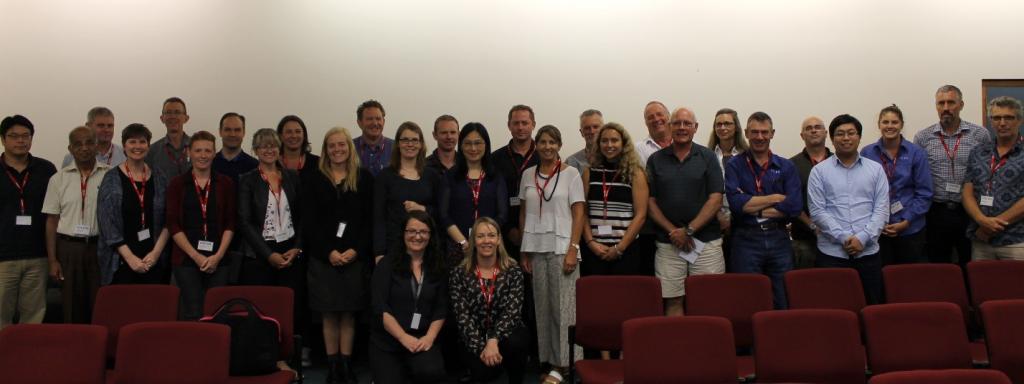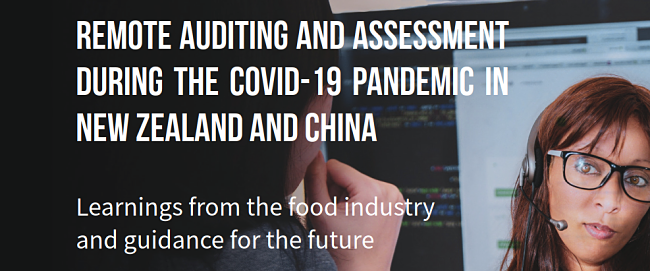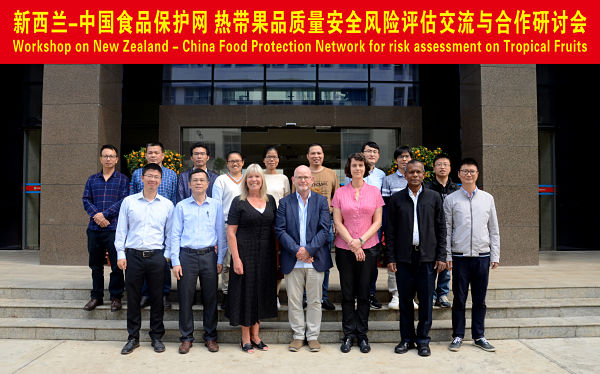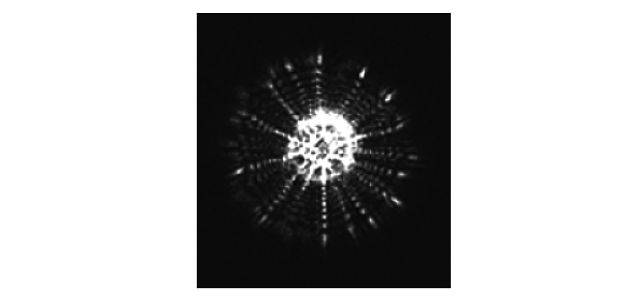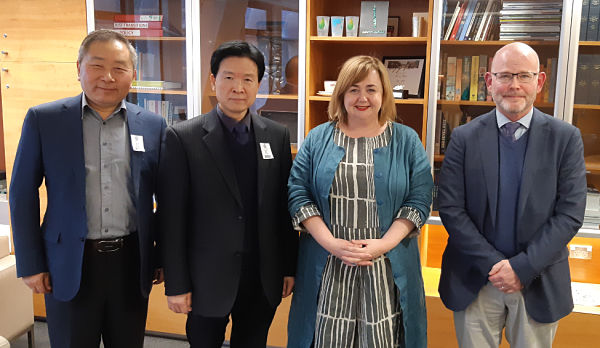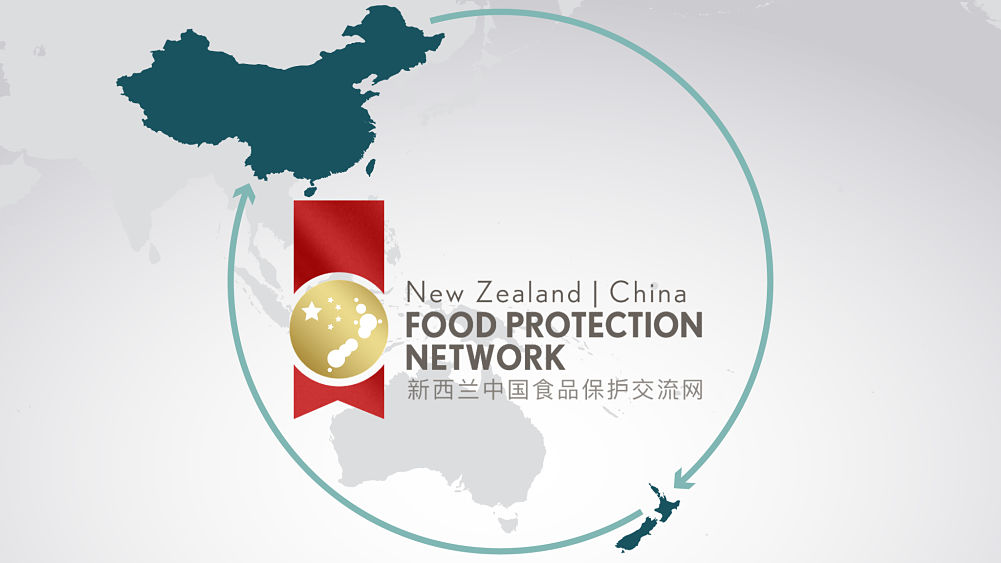In September, the NZFSSRC hosted an online workshop on ‘Understanding the importance of smart packaging for consumer confidence, food safety and an improved supply chain’. The workshop was facilitated by NZFSSRC-funded PhD student Erin Young, Professor Phil Bremer, and Assoc. Prof. Miranda Mirosa, all of the University of Otago.
This online interactive workshop provided advice to the food industry and packaging researchers on issues they should consider prior to the development and implementation of smart packaging for products targeting the Chinese market. The advice was based on a 3-year research project which determined Chinese consumer-perceived benefits of smart packaging technologies, willingness to accept these technologies and willingness to pay.
At the 2-hour workshop, 50 workshop participants from both NZ and China used the insights that the research team had obtained through focus groups, interviews with industry stakeholders, a large consumer survey and eye tracking testing of developed protypes, in an interactive way to engage with the packaging design process.
The study results presented indicated that parts of the New Zealand industry are interested in investing in active and intelligent packaging, but that interest varied depending on macro, sector, and business factors. Some of the barriers were also perceived as insurmountable, in addition to an industry focus on adjusting their packaging technologies to those that favour a more circular material cycle over single use materials. Chinese consumers were revealed to be generally receptive and accepting of active and intelligent packaging, with some prepared to pay a premium for products with those technologies. Perceived benefits such as the additional information on the condition and history of the product as well as feeling more confident and reassured about the product quality were most valued by Chinese consumers. However, familiarity with the technologies was low and providing additional communication about the technologies on pack was also deemed important. Cluster analysis identified only two Chinese consumer segments: Indifferent, and Enthusiastic. And finally, consumers had more trust, belief in authenticity, confidence in and willingness to purchase most food products presented that incorporated active or intelligent packaging over conventional packaging.
The workshop was actually originally developed to be run the day after the New Zealand Food Safety Science Research Centre research day, with the team travelling to Wellington for a face-to-face workshop, but due to COVID-19 related lockdowns was converted to a fully online workshop and was run via Zoom. The mix of the presentation of results alongside purposefully designed participant breakout sessions for discussions worked well in this online format and this will be used again for similar Centre workshops in cases where face-to-face isn’t an option.

